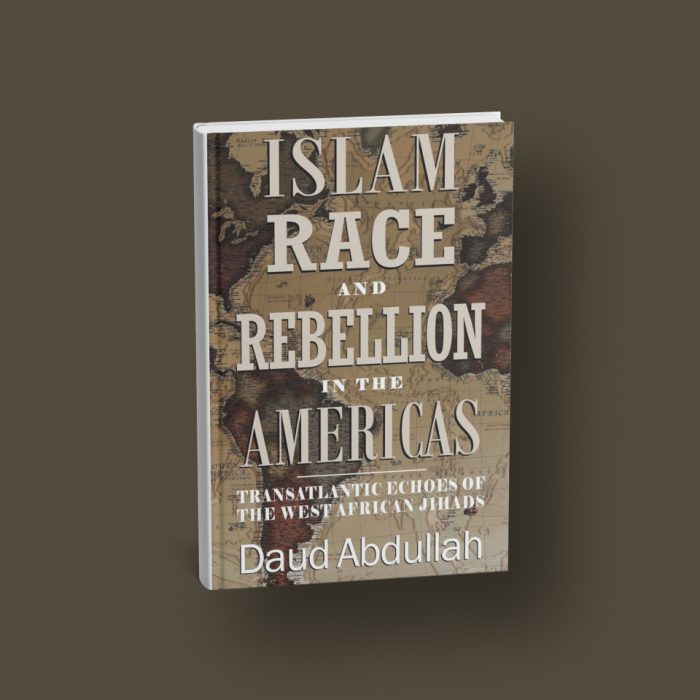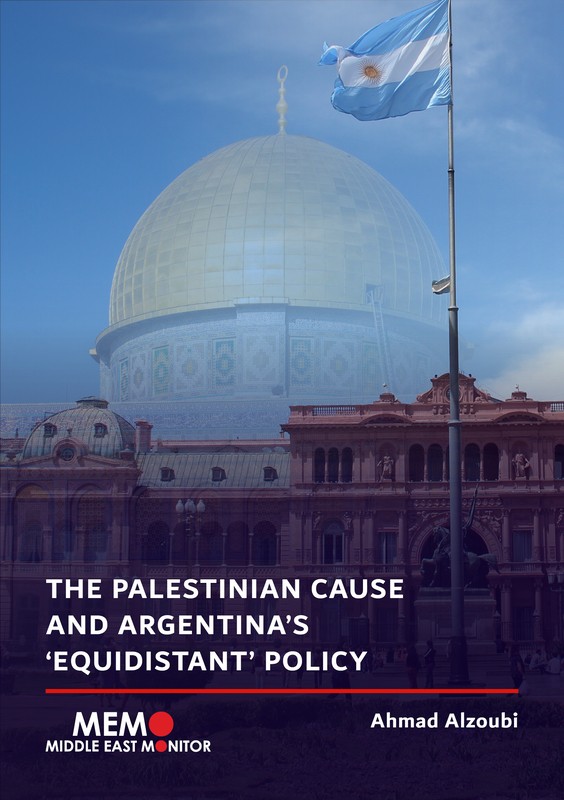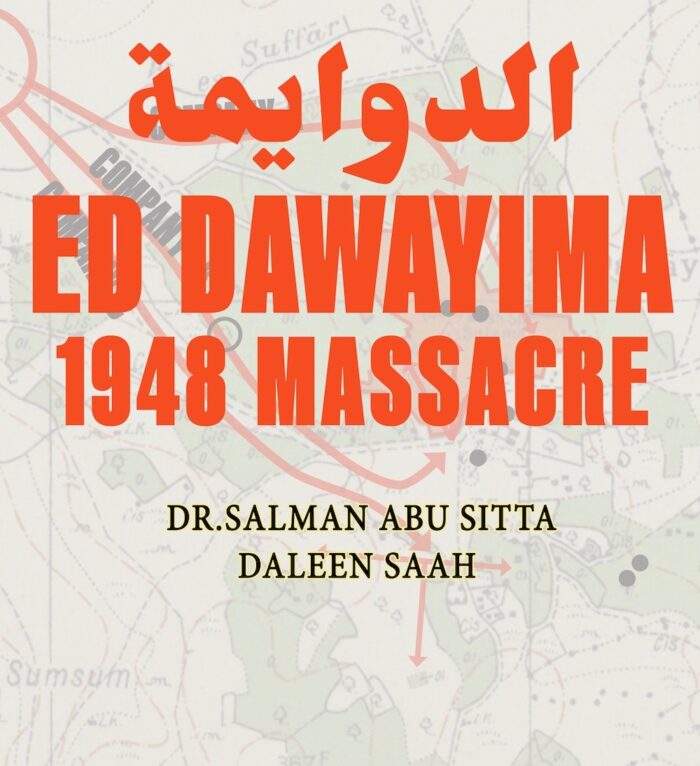Book Review of The Battle for Public Opinion by Lord David Steel
September 5, 2012
Let me start with a confession: I am a signed-up member of the Liberal Democrat Friends of Israel, as well as the Friends of Palestine. Why? Because I am a friend of the State of Israel, recalling that the famous Balfour letter written under a Liberal Prime Minister’s watch whilst arguing for a Jewish homeland included the much ignored proviso that nothing should be done to trample on the rights of the existing Palestinian communities. So after the Holocaust there was almost universal international approval for the creation of the State of Israel, and in my student days in the late fifties and early sixties many non-Jewish contemporaries flocked to spend gap years or summer vacations as volunteers on a kibbutz; it was an idealistic state. Such is the damage done to Israel’s standing by its governments that it has lost that reputation and instead, as demonstrated in this timely book, become the new apartheid South Africa – reviled in the outside world and loathed by many of its own population who are embarrassed by actions taken in their name. To be a friend of the State is not automatically to be a friend of its government’s policies; in my case, far from it.
The comparisons with the old South Africa are instructive. One has only to visit the occupied West Bank to see the separate roads for Israelis and Palestinians; to see the expulsion of Palestinians from their homes – like the old Group Areas Act in apartheid South Africa; and note the occasional verbal criticism from Western politicians but total inaction on their part, to realise how real those comparisons are. Just as, slowly, western governments changed tack leading to the downfall of apartheid, so we must hope that in time the same will happen in changes towards Israel’s governments.
It has been my good fortune to meet all of Israel’s premiers since the early eighties with the single exception of Ehud Barak. They are all clever people, none more so than the present incumbent Benjamin Netanyahu, who is also the most articulate in English. All could argue in slight mitigation of their policies that they are saddled with the worst form of pure proportional representation which gives undue power to several tiny minority political groups. But none of them (except for assassinated premier Yitzhak Rabin) seem to realise how dangerous the supremacist path is that they have chosen to tread. I remember during Ehud Olmert’s government asking foreign minister Tzipi Livni whether she recognised that harsh policies against the Palestinians created a breeding ground for terrorists: she purported not to understand the question.
This illuminating series of essays shows firstly how effective has been the Israeli propaganda machine – and how well financed – and secondly how that is beginning to pall with western public opinion. For example, a survey of some 7,000 Europeans in six countries showed only 9 per cent supporting Israel’s claim for Jerusalem to be its capital, whilst 45 per cent thought it should be an international city defending equally the rights of Jews, Muslims and Christians, and a further 11 per cent thought it should be the capital of neither Israel nor Palestine.
I found the chapter by former BBC correspondent Tim Llewellyn particularly disturbing on how biased under pressure BBC reporting of the Israel/Palestine conflicts had become. Let us hope that under the new wise chairman, Chris Patten (one of my successors as President of British charity Medical Aid for Palestinians), things will improve, for he is on record on the subject of the European trade agreement with Israel as saying: “If Europe is to write more cheques, surely we should insist on some political movement.”
What is the most appalling thread running through these essays is indeed the complicity of EU governments and that of the USA in letting the Israeli government get away with breach after breach of international law: the increasing settlements in the occupied West Bank; the route of the separation wall, condemned as illegal even by Israel’s own Supreme Court; the collective punishment of the people of Gaza, which I saw for myself after Operation Cast Lead; the murderous attack in international waters on the peace flotilla; and so on. “We raise these matters – we condemn violence on both sides”, are the regular phrases parroted from the government. When even EU-financed projects such as the Gaza airport and, more recently, an agricultural project are destroyed by the Israelis, reaction is still muted. In the EU trade association we have real potential clout, as the European Parliament to its credit keeps pointing out, but we do not use it.
The most flagrant error on our part was ignoring the inconvenient but legitimate results of the Palestinian elections. Hamas refuses to recognise Israel, which reminds me of my first of many face to face encounters with Yasser Arafat. Way back in 1981 I pressed him to recognise Israel. “Why should I play my last card?” he said, and of course he did so years later. Comparisons with the IRA are relevant. They too were an organisation committed to both politics and terror. They too gathered political support through their political wing attending to the everyday needs of the people when others failed to do so. They too were shunned until very late in the day, but eventually became a key part of the successful peace process. My view is that the same must happen in the Middle East. I am not so naïve as to believe that if only we pushed successfully for an Israel/Palestine peace accord all international terrorism would cease; but I do know that our present supine official attitude to it is a spur to extremist recruitment of young people world-wide into anti-western violent activities. This book is a clear and welcome wake-up call.




